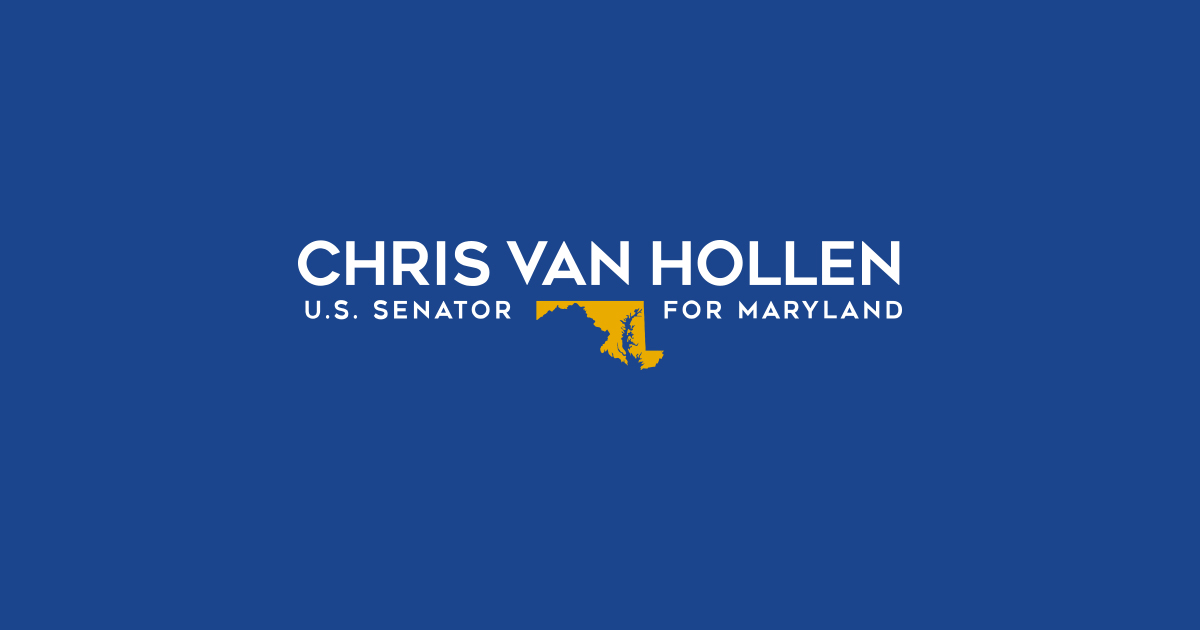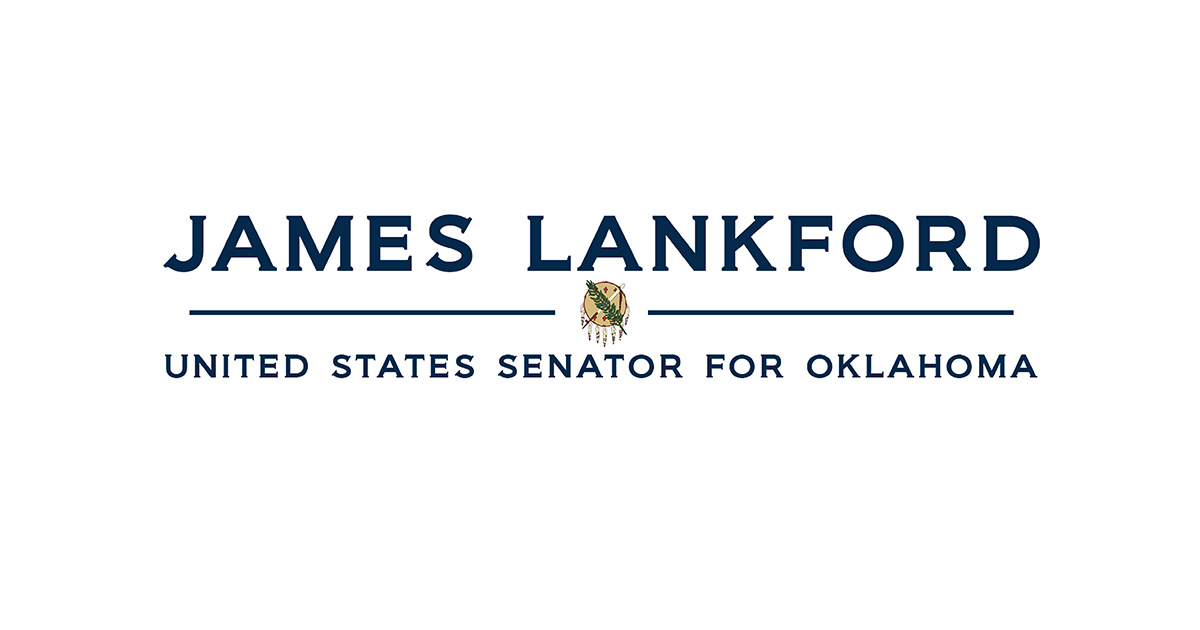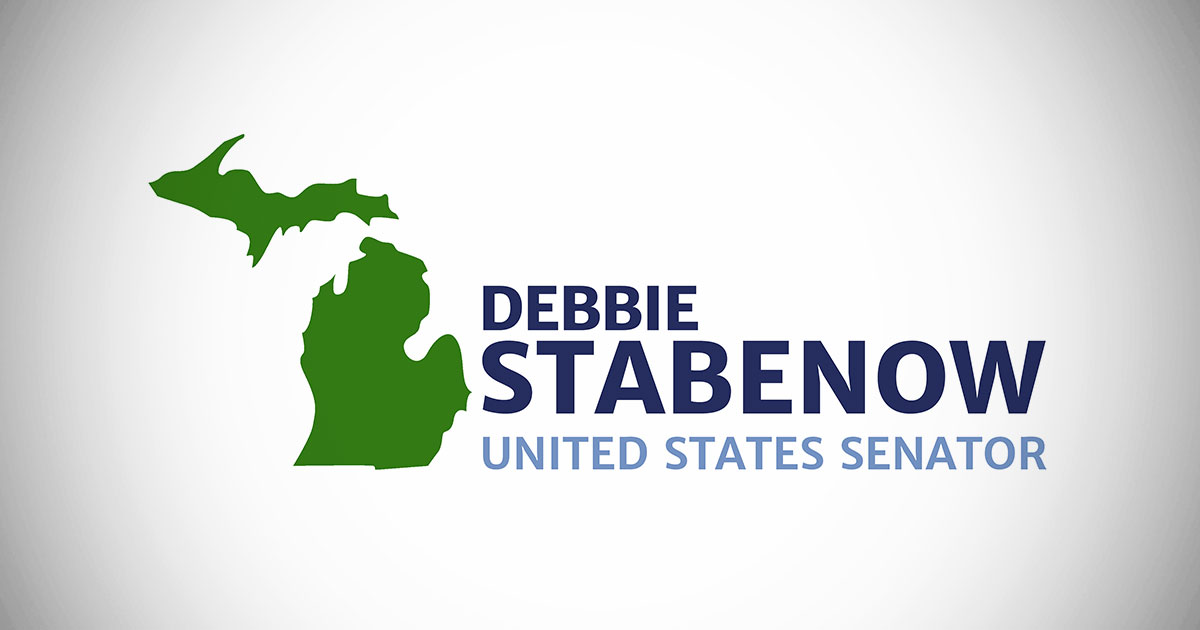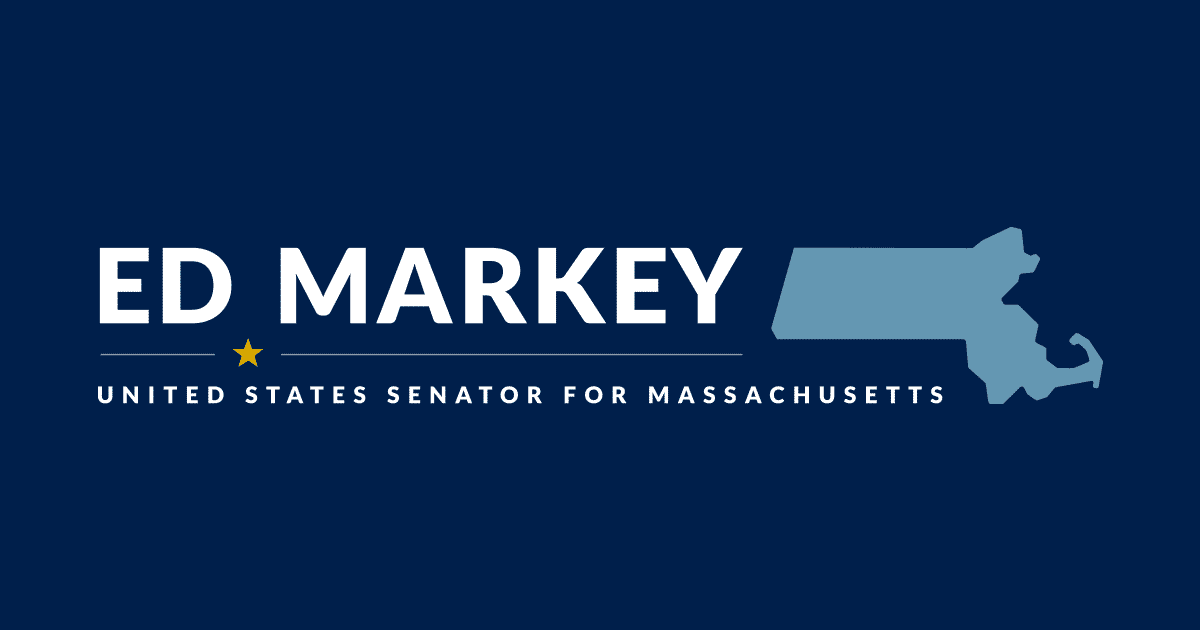Source: United States Senator for Maryland Chris Van Hollen
Bipartisan legislation establishes U.S. policy opposing practice of treating China as a “developing nation” in treaties and international organizations
U.S. Senator Chris Van Hollen (D-Md.) and Mitt Romney (R-Utah), Chair and Ranking Member of the Senate Foreign Relations Subcommittee on East Asia, joined by Senators Dan Sullivan (R-Ark.), John Cornyn (R-Texas), and Tim Scott (R-S.C.), applauded today’s unanimous committee passage of the Ending China’s Developing Nation Status Act. This bipartisan legislation establishes U.S. policy to oppose the granting of “developing nation” status to China in future treaties and international organizations. The bill also directs the Secretary of State to pursue changing the status of China to “developed nation” in treaties or organizations where a mechanism for change exists.
“From the size of its economy and military to its large-scale investments in countries around the world, it’s clear that China is no longer a ‘developing nation.’ For too long, the PRC has used this designation to gain unfair advantages in multilateral agreements. I’m glad the Foreign Relations Committee unanimously passed our bill to ensure that China can no longer exploit the ‘developing nation’ label in international agreements where we are a party,” said Senator Van Hollen.
“China has the second largest economy in the world and is on track to surpass the U.S. economically,” Senator Romney said. “It’s absurd that China continues to be treated as a developing nation on the global stage. Proud to see our bipartisan legislation ending China’s unfair advantage pass out of committee today and look forward to it coming before the full Senate. The U.S. must not enter into treaties or international organizations where China is given a leg up, whether it be accommodations or financial assistance.”
“China is the second largest economy in the world. China is one of the most industrialized countries in the world. China has one of the biggest militaries in the world. The World Bank now even considers China to be an ‘upper middle income’ country. The idea that China is a ‘developing country’ is ridiculous,” said Senator Sullivan. “We cannot continue to allow China to exploit this status under international organizations and treaties. I thank Senator Romney, Senator Van Hollen, and our Senate colleagues for advancing this important bipartisan legislation from committee today as we work to end this charade once and for all.”
“China is a major global power with the second largest economy in the world, not a developing nation in need of special treatment,”said Senator Cornyn. “This commonsense bill would eliminate China’s unnecessary and misleading developing nation classification in international organizations, and I urge the Senate to swiftly pass it.”
“Labeling China as a developing country undercuts the threats an increasingly aggressive Chinese Communist Party (CCP) poses to our economic security,” said Senator Tim Scott. “As China has expanded its economy to the second largest in the world, the CCP has been relentless in waging an economic assault against the United States. Their objective isn’t simply to compete with us; it’s to beat us and supplant us as the world’s economic superpower. It’s time for America and our like-minded partners to stop giving China an unfair advantage in the international system and leverage the tools at our disposal to force China to be a responsible actor on the global stage.”
Background:
China—which continues to claim developing nation status in many international organizations—has the second largest economy in the world with massive outbound and inbound foreign direct investment and enormous defense expenditures. Depending on the treaty or international organization, developing country status can lead to special privileges and flexibilities within an institution that provide longer timelines for implementation of objectives or even financial assistance.
The Ending China’s Developing Nation Status Act:
- Articulates that it is the policy of the U.S. to oppose the labeling or treatment of the People’s Republic of China (PRC) as a developing nation in current and future treaty negotiations, and to pursue a change in China’s treatment as a developing nation.
- Requires reports by the Secretary of State to Congress on any treaties under consideration by the Administration which would confer different standards based on developing nation status with China being considered as a member of the treaty and on development status of member states in existing organizations and treaties.
- Requires the Secretary of State to pursue changing China’s status as a developing nation in international organizations where a mechanism for changing such status exists, or to propose the development of such a status where none exists.





